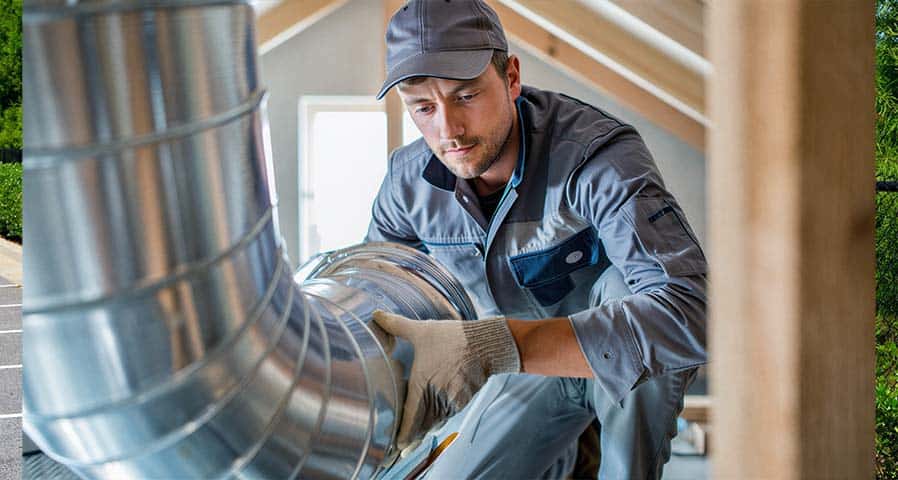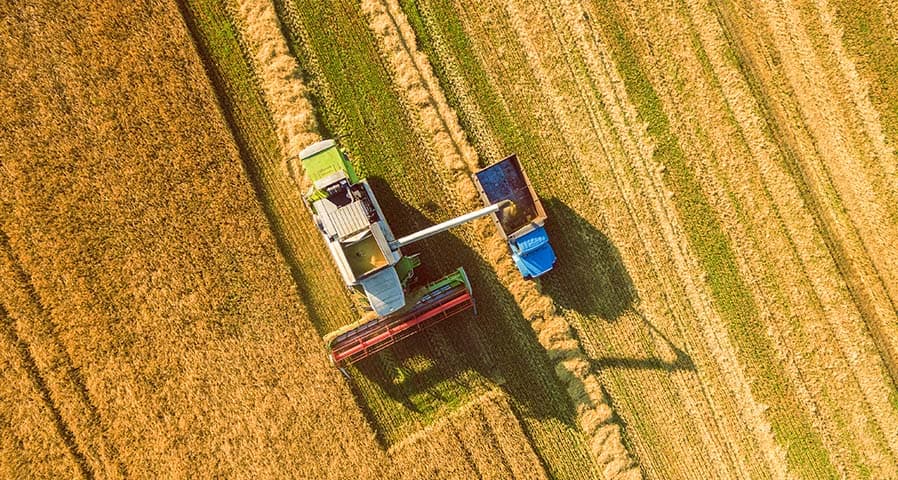As more Americans demand greener living and working environments, cities across the United States are stepping up with bold sustainability plans. From renewable energy programs and zero-emission goals to smart urban planning and electric vehicle infrastructure, these ten cities are setting the standard for sustainable progress in the built environment. Here’s a closer look at how they’re turning policy into real-world impact.
San Francisco, California
Few cities have embedded sustainability into their identity like San Francisco. With an impressive 80% landfill diversion rate thanks to progressive recycling and composting systems, the city is a pioneer in zero-waste strategies. San Francisco’s CleanPowerSF gives residents access to renewable electricity, and 95% of households have access to recycling services. It also boasts a highly sustainable public transit system and a plan to transition to a fully electric city fleet by 2040.
Portland, Oregon
In Portland, green living isn’t a trend—it’s a way of life. The city is famous for its extensive green spaces and trail systems, and a large share of commuters travel by bike. Portland’s Climate Action Plan targets a massive reduction in emissions by mid-century, supported by LEED-certified construction, urban forestry efforts, and strong support for eco-friendly transit
Seattle, Washington
Seattle benefits from geography and policy. Hydropower supplies a majority of its electricity, and its commitment to sustainable development is reflected in building codes and planning regulations. Green buildings and EV infrastructure are common throughout the city, with more than 500 public charging stations already in place. Air quality efforts and energy-efficiency campaigns round out the city’s environmental agenda.
Austin, Texas
Austin is leading the charge in the South with a combination of clean energy programs and community-focused sustainability. The city’s public utility, Austin Energy, offers renewable electricity options, while its carbon neutrality goal targets 2050. From urban farms to community gardens, Austin encourages sustainable living both inside and outside the home.
New York City, New York
In the nation’s largest city, sustainability is gaining momentum. Nearly half of all commuters use public transportation, reducing vehicle emissions citywide. NYC’s OneNYC initiative outlines ambitious targets around energy efficiency, climate resilience, and public health. Green rooftops, LEED-certified towers, and a growing number of electric vehicle stations show that even the densest urban areas can embrace clean innovation.
Denver, Colorado
Denver blends green policy with community action. The city is actively transitioning to solar energy via community-based “Solar Gardens” while investing in clean air strategies and modern public transit systems. Denver also enforces green building standards and is involved in regional efforts to modernize the electrical grid.
Boston, Massachusetts
Boston is preparing for a low-carbon future with strong policy frameworks and pilot programs. The Greenovate Boston plan is aimed at making the city carbon neutral and climate resilient. Investments in renewable energy, energy-efficient buildings, and geothermal pilots reflect the city’s readiness to tackle climate risks through innovation and infrastructure.
Incentive Rebate360 has over 62 years of collective experience in commercial rebate recovery. Our experts are standing by to assist organizations in maximizing their savings and ROI on all energy efficiency projects. Click here to learn more about our process then schedule a call and start saving today!
San Diego, California
San Diego’s climate plan is among the most ambitious, targeting 100% renewable energy usage by 2035. The city is investing heavily in clean transportation, adding electric vehicle charging stations and expanding bike-share programs. San Diego’s coastal conservation efforts also contribute to a well-rounded approach to environmental protection.
Madison, Wisconsin
Midwestern sustainability is thriving in Madison. The city is committed to using only renewable energy by 2050 and has enacted programs to support energy efficiency in residential and commercial buildings. Madison’s bike-friendly infrastructure, green space investment, and support for local agriculture help embed sustainability into everyday life.
Washington, D.C.
The capital city is prioritizing eco-conscious development through extensive green building certifications and abundant parklands. With over 1,900 green buildings and a sizable portion of residents using eco-transit options, Washington, D.C. is emerging as a national model for sustainable urban policy. Tree canopy expansion and EV readiness are also high on the city’s environmental agenda.
Final Thoughts
Across the U.S., these cities and counties are moving beyond buzzwords to build sustainable communities through smart legislation, clean energy investment, and citizen-focused programs. As policies continue to evolve, they serve as blueprints for other municipalities looking to balance growth with environmental responsibility. Whether it’s through carbon reduction plans or neighborhood-scale renewable networks, the future of urban sustainability is already taking shape.
Incentive Rebate360 can assist you in creating a sustainable business. Through our extensive knowledge of financial rebates, we can help you find ways to offset the cost of sustainability and energy-efficiency projects. Contact us today by calling 480-653-8180, emailing [email protected], or schedule a call that fits your needs by clicking the button below!






0 Comments